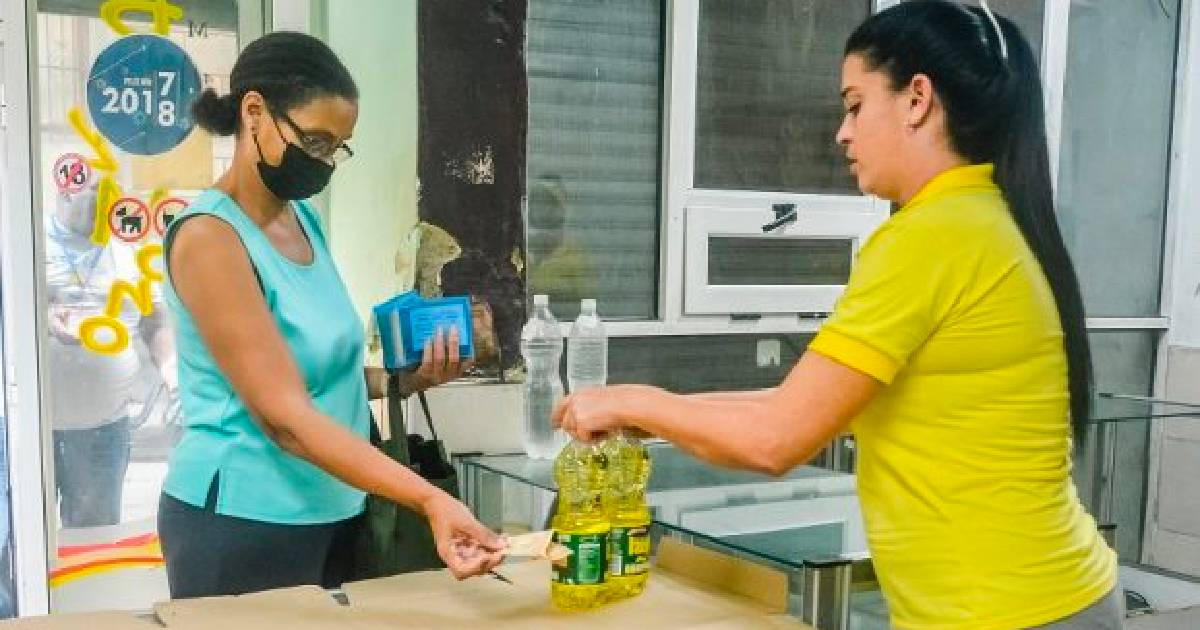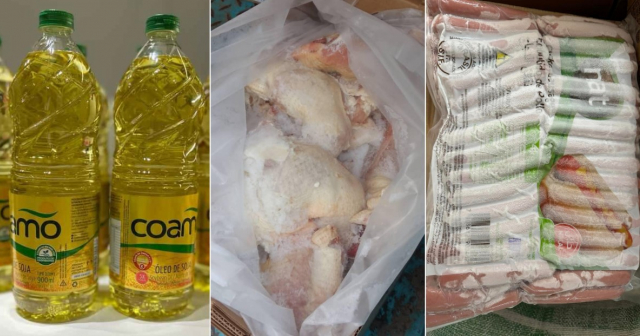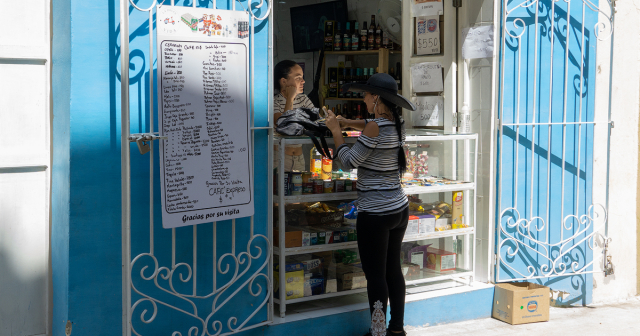
The regime in Havana asked Cubans to work more to face the high prices on the island, and assured that these cannot be reduced "at whim".
In response to the criticism from the population regarding an article on the official portal Cubadebate about the entry into force of "maximum retail prices for high-demand products," the Ministry of Finance and Prices stated that "we must understand that prices are set to recover the costs and expenses of a commodity, whether imported or domestically produced."
"We cannot continue to think that prices can be lowered at will; if it is done, those who produce or buy lose out and cannot continue the process of reproduction, and we will not have these goods in the future," emphasized the ministry.
Ignoring the situation of misery to which thousands of Cubans, especially the elderly and disabled people, have been marginalized, the entity points out that "those who unfortunately are vulnerable and cannot cope with these prices should seek help from social security agencies. As for the rest, we must increase our income by working more."
The Cuban government announced on Monday the implementation of price caps on six high-demand basic products through a resolution published in the Official Gazette of Cuba. According to the resolution, the maximum retail prices would be for boneless chicken, 680 pesos per kilogram; edible oils (except olive oil), 990 pesos per liter; powdered milk, 1,675 pesos per kilogram; pasta, 835 pesos per kilogram; sausages, 1,045 pesos per kilogram; and powdered detergent, 630 pesos per kilogram.
The resolution was presented as an effort to mitigate the impact of inflation on consumers, and in response to the comments on the publication, the ministry in question added that "there are no magical solutions to the main concern of the people: prices are getting higher and higher".
It clarifies that in the formation of the retail prices of capped products, economic actors acknowledge up to a 30 percent profit margin on costs and expenses.
Recently, the Deputy Minister of Finance and Prices of Cuba, Lourdes Rodríguez Ruiz, held a tense meeting with entrepreneurs and managers of SMEs to inform about the government's decision to cap the prices of essential products sold in the retail network.
The regime's intention to cap prices was supposed to take effect on July 1st; however, the day before, the Cuban government revoked the decision to cap retail prices for a group of products marketed by the private sector.
Before, the regime had announced that it had a team of 7,000 inspectors ready, who will be in charge of overseeing and ensuring compliance with the regulation that governs price limits.
However, the renowned Cuban economist Pedro Monreal analyzed the possible consequences of implementing price caps and considered that "instead of using the market to make 'the plan' more flexible, (the Cuban authorities) numb the market with the plan."
What do you think?
COMMENTFiled under:






